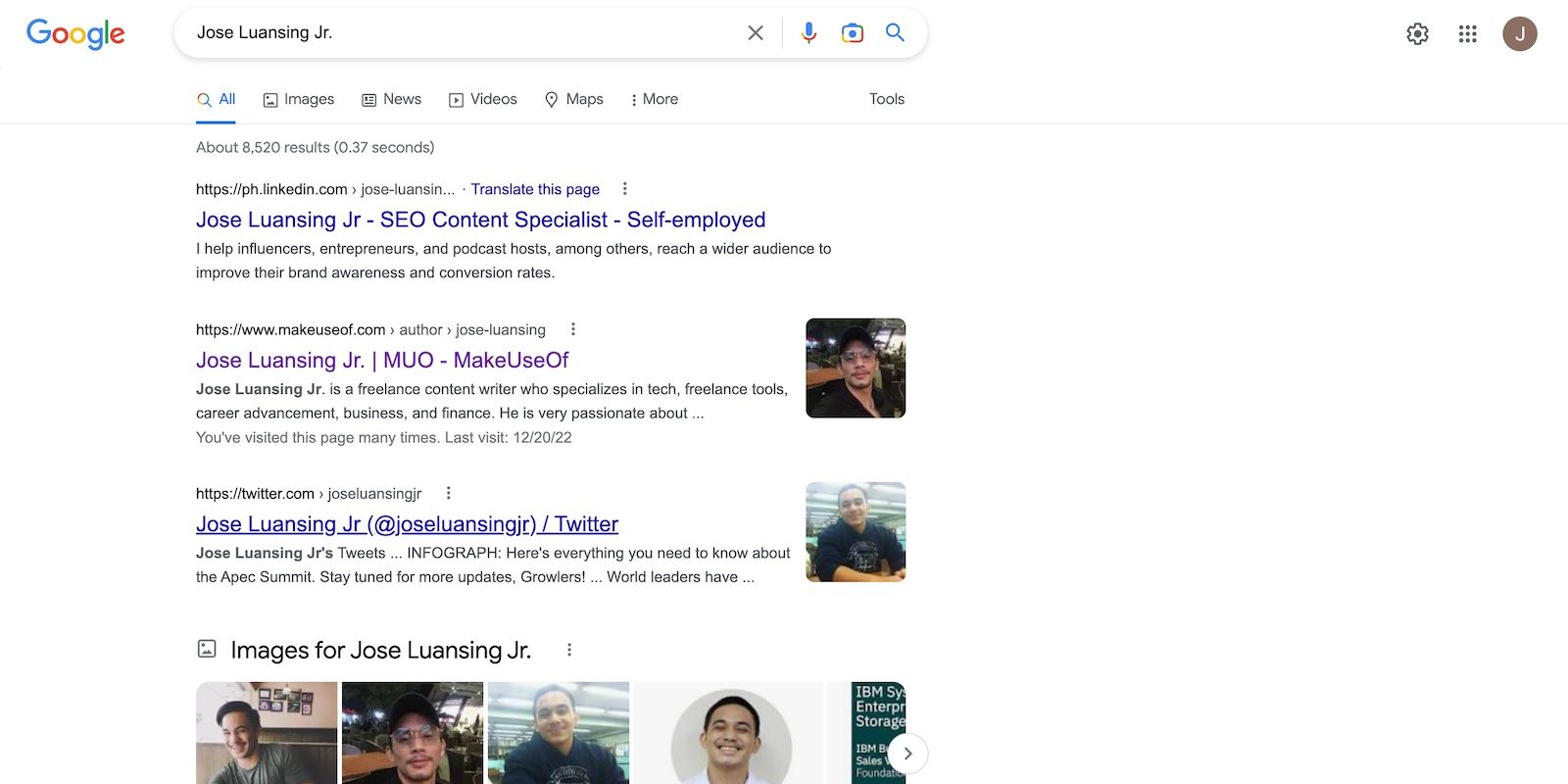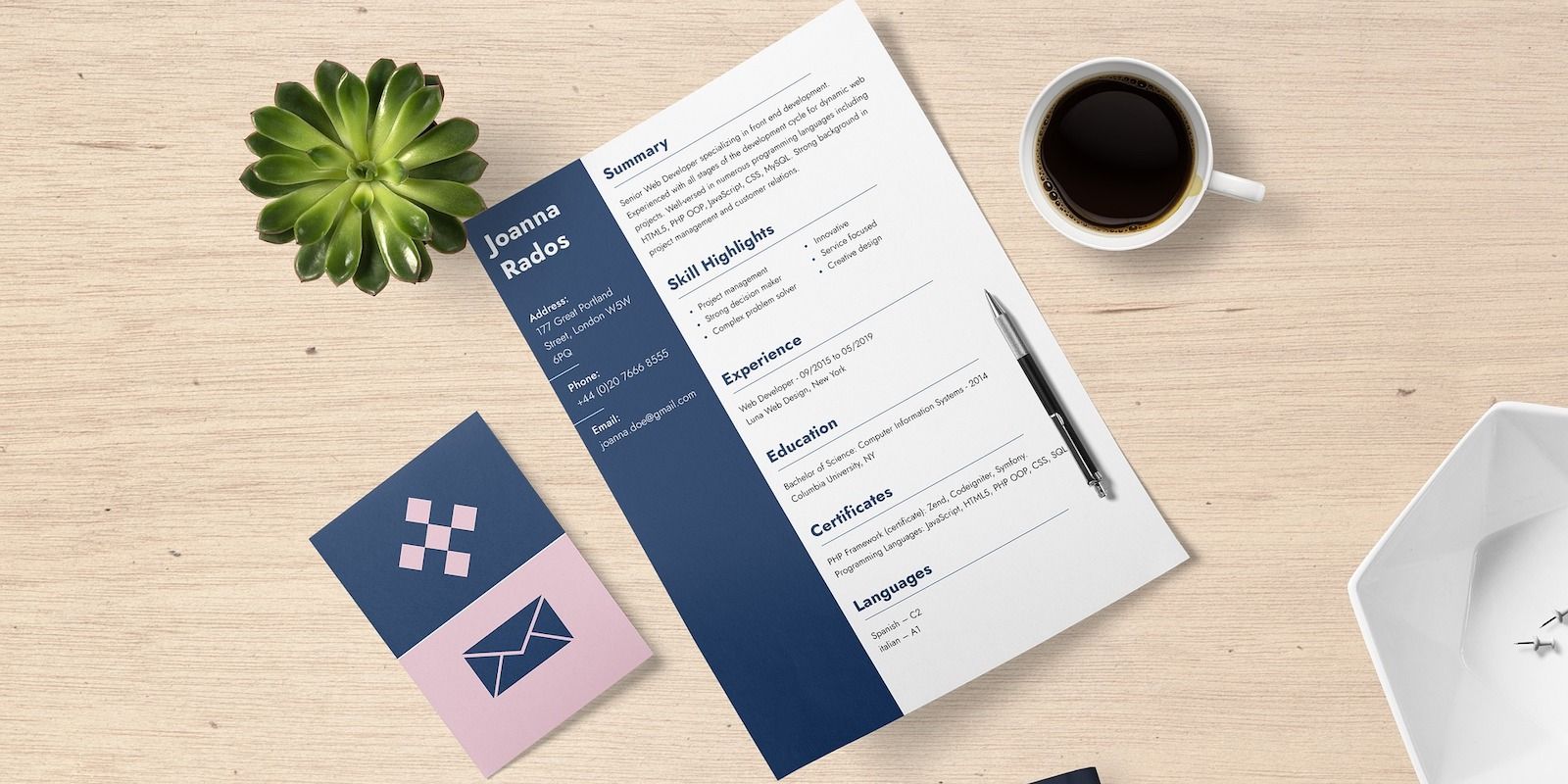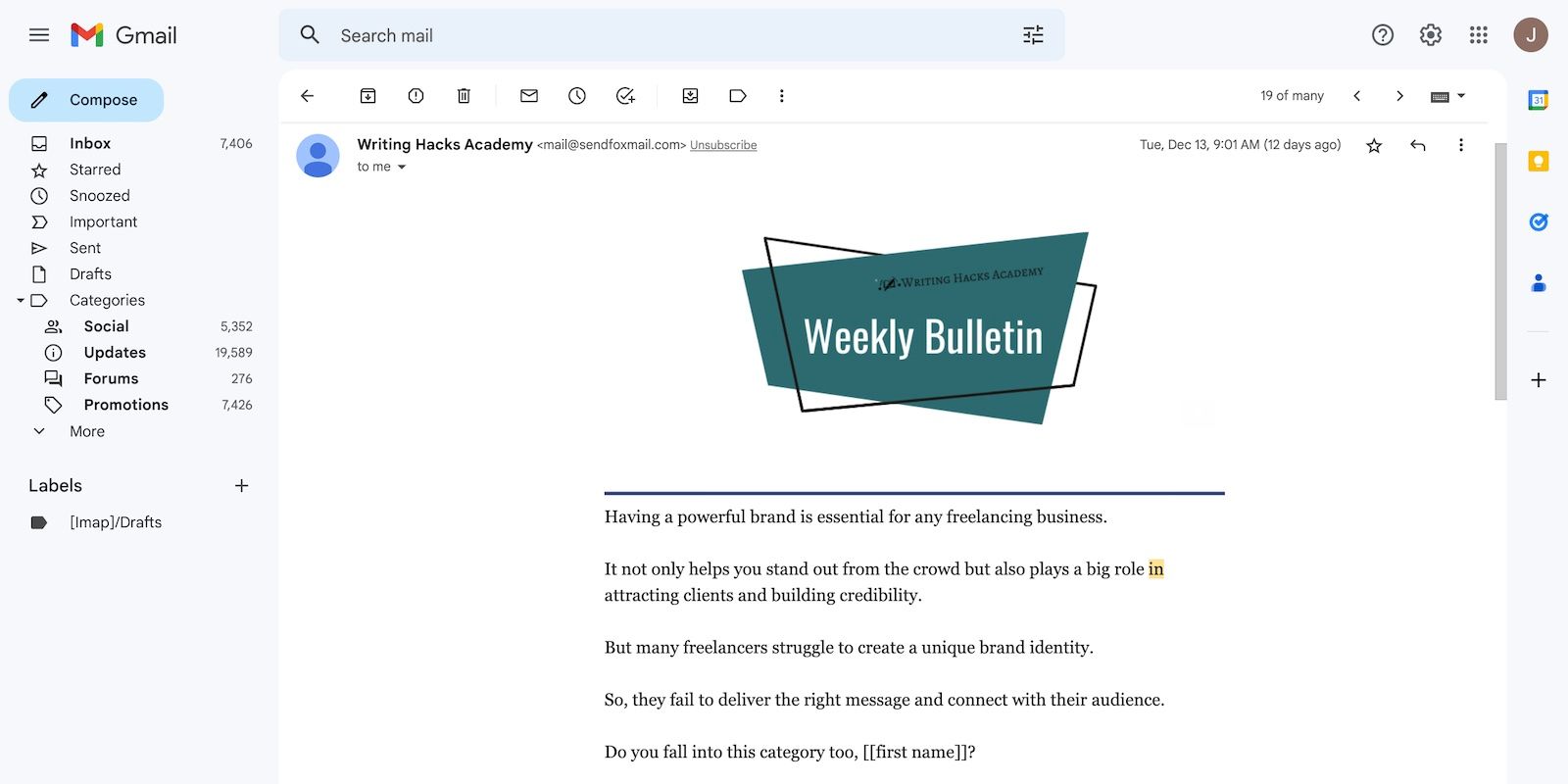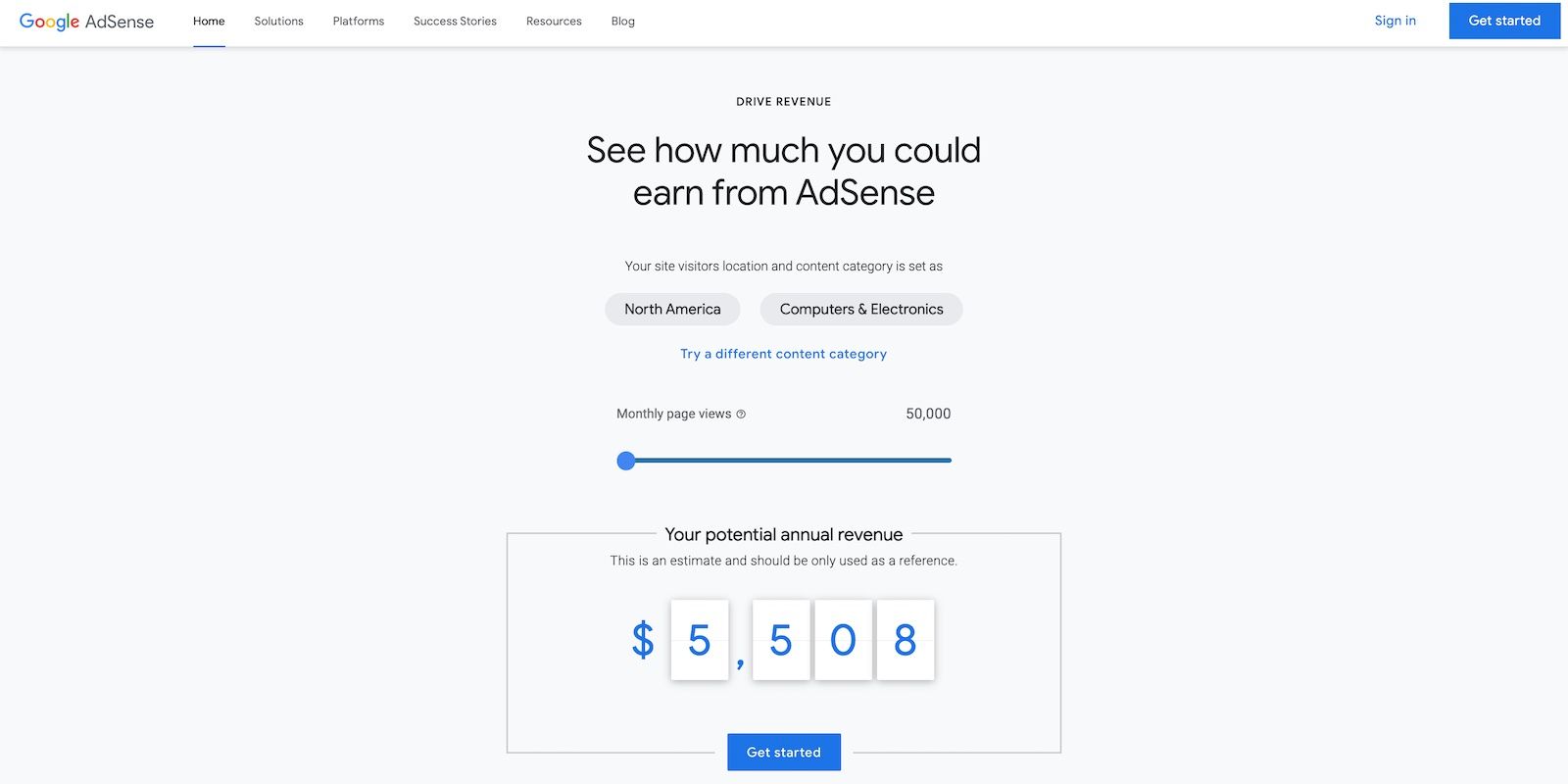Considering the abundance of freelance platforms online, many independent contractors no longer see the need for a website. They would prefer to work on gigs instead. After all, developing and maintaining a personal website is basically unpaid work.
Although building a site sounds tedious, having one also yields several advantages. Don’t dismiss the idea altogether. At least familiarize yourself with the ways your freelancing career would benefit from a personal site before making a decision.
1. Websites Make Your Freelance Business Look Professional
A personal website sets you apart from the competition. Most first-time freelancers can create a Fiverr profile within minutes, but the barriers to entry of starting and maintaining an active website are higher. Not everyone can launch a site from scratch.
For a more professional-looking website, avoid launching templates as is. Millions of webmasters use builders like WordPress or GoDaddy, and most of their layouts tend to look alike. Blindly adopting preset designs will make you look generic.
Only draw inspiration from templates. Ultimately, strive to create unique web pages with original images, persuasive copies, and personalized layouts. Adding just a few new page elements already has a massive impact.
2. Clients Will Find Your Freelance Business Easier if You Have a Website
Your prospects won’t do an exact Google search of your name. They’ll likely look up the service they need and scroll through the top-ranking hits on SERPs. Try searching for the freelance service that you offer.
The first few pages will primarily contain personal and business sites, not profiles on social media sites or freelancing platforms. You won’t show up unless you have a website. A personal site doesn’t guarantee visibility. But with the right SEO strategy, social media marketing, and a paid ad campaign, your web pages could start ranking.
3. Your Website Conveys Your Voice and Branding
Having a professional website establishes your freelancing business. It conveys your brand message, gives clients an idea of how you work, and showcases your level of expertise. Prospects will learn a lot about you just by visiting your website.
To leave a positive and lasting impression, your site’s layout, copy, and graphics must accurately represent your voice. Invest in your creatives. Even seemingly insignificant page elements affect your overall impact. Dull color schemes, tacky layouts, spammy content, and generic stock images will likely turn away your site visitors.
With that said, you don’t have to create an original, never-been-used structure. You can still draw web design inspiration from reputable resources, as long as you customize your templates to match your brand. Think about the image you wish to portray.
4. Personal Websites Look Better Than Resumes
Stop sending Google Drive links of samples to your clients. With the accessibility of image editors and site builders, there’s no reason to use dull portfolios anymore. Doing so makes you look unprofessional and could cause you to fall behind your competitors.
On the contrary, showcasing your work through a personal website gives clients the impression that you’re an experienced freelancer. Starting a website requires a lot of work. More clients will hire you if you show irrefutable proof that you can create eye-catching layouts, write persuasive copy, and register a domain.
Please don’t create a boring list of your sample work. Follow simple design tips to make your portfolio look better, like choosing classy font styles, uploading original images, and checking color contrasts for readability.
5. Websites Generate Leads Through Newsletters and Email Lists
Stop buying email lists. You’ll only waste your time and energy contacting random strangers that likely won’t fit your ideal buyer persona.
Cold calling is an outdated sales tactic. Instead of purchasing cold leads, generate a list of interested prospects through data collection forms on your site. Offer a free e-book or consultation in exchange for your site visitors’ contact information.
You won’t collect too many leads right from the get-go, but you can rest assured that most will be interested in your brand. They reached out to you themselves. Converting warm leads who know what you do takes less effort than getting cold leads to read your email.
6. You Can Acquire New Skills by Maintaining a Website
Building and maintaining a website will teach you in-demand hard skills. Again, not everyone can start a website, and many would willingly pay freelancers to create a professional, well-made one. Putting together even a simple five-page business website takes effort, after all.
To maximize the learning opportunity, go beyond site builders. Familiarize yourself with different web design layouts, learn the basics of coding languages, study image editors, and know how to use stock footage effectively.
7. Websites Could Serve as Another Income Source
Although your website’s primary purpose involves promoting your freelance business, it can also help you create other income streams. There are several ways to monetize websites. Some methods could even pay thousands depending on the traffic your web pages generate daily.
For instance, let’s say you sign up for Google AdSense. The program compensates you for allowing its partner companies and marketers to run ads on your website.
You can’t choose the ads yourself. Google automatically selects which brands to display based on the average demographic information of your site visitors.
Most bloggers say you’ll get $2 to $5 per 1,000 views. However, clicks, impressions, and page views pay differently. The Google AdSense Calculator says that if you combine these interactions per month, a website focused on computers and electronics could make around $5,508.
You can also make money on your website through:
- Affiliate marketing
- Product reviews
- Skimlinks
- Sponsored posts
- Text link ads
Feel free to explore these income streams. Just be careful not to spam your website with ads, or else you’ll make it challenging for visitors to load new web pages.
Take Your Freelance Business to the Next Level With a Professional Website
Maximize your personal website to achieve more as a freelancer. You’ll look more trustworthy if you have a professional site showcasing your services, portfolio, sample work, testimonials, and rates. For traffic generation, start with social media promotions. Explore paid ad campaigns once you have enough blogs and landing pages for prospects to navigate.
Despite the benefits of having a personal website, try not to spend too much time building and maintaining it. Your site will open up business opportunities. However, you’ll be responsible for turning them into paid projects. Make maintenance simpler and less time-consuming by using site builders so that you can spend more time engaging with prospects and accomplishing deliverables.






